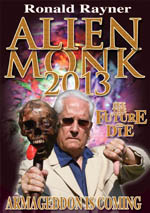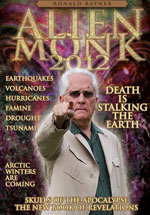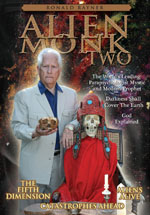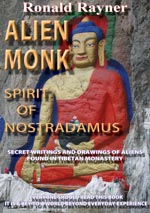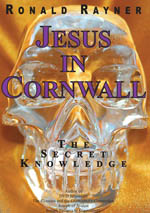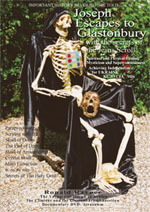Chapter 7 – Tibetan Book Of The Dead
 One of the teachings that took up much time in the Monastery, was the understanding of the ‘Tibetan Book of the Dead’. A twelve hundred year old text that was written before Tibet converted from a military empire to Buddhism. However, pure Buddhism emerged originally two thousand five hundred years ago, when meditation was regarded in Asia as a simple method of centring one’s life.
One of the teachings that took up much time in the Monastery, was the understanding of the ‘Tibetan Book of the Dead’. A twelve hundred year old text that was written before Tibet converted from a military empire to Buddhism. However, pure Buddhism emerged originally two thousand five hundred years ago, when meditation was regarded in Asia as a simple method of centring one’s life.
The Tibetan Book of the Dead was written in the eighth century, but is said to have remained hidden for six hundred years, when a devout Monk discovered the text in a rock pile beside the road on which he was travelling. Tibetan Monasteries commonly refer to his book as, ‘The Bardo’. The writings are said to senior monks to reveal great treasures of philosophy, wisdom and enlightenment. The Bardo, is said to be a guide through the perils encountered travelling through the afterlife, direct to Paradise.
Ones deeds of good or evil before death will be paid for in this afterlife. For those who can afford it, monks chant for days, even weeks, beside the body, to ensure that the departed spirit will meet only peaceful deities, and not the blood sucking wrathful deities that everyone fears, along the complex and judgemental pathways. But if the souls hear the monks chanting, the departed spirit can leave safely, and be reborn, as animal or human. A nice earner, for the monks. However, the whole process is so complex it would take too long to go into all the details. Suffice it to say that the book helps Buddhists to become comfortable with looking at death. It is strange, however, that if you ever in your lifetime become involved with rehabilitating drug addicts, and listen to their experiences of terrible dreams, the thought forms they encounter in those dreams, are almost identical to those described in the Tibetan Book of the Dead.
